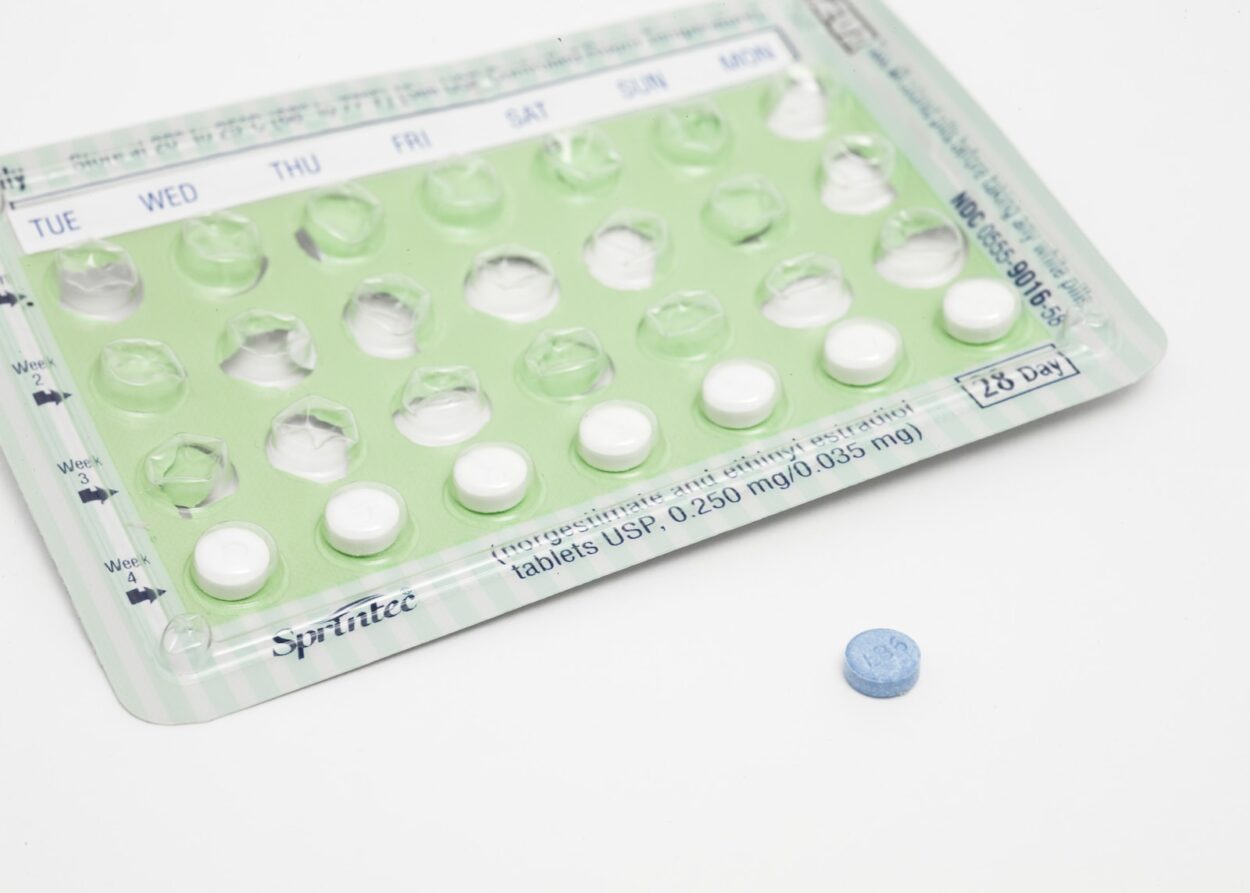It may take some time for your body to feel comfortable with sex again after baby. Use lubricants during sexual play to help reduce pain and discomfort.
Hormonal methods like implants, non-copper IUDs, the pill and the patch contain hormones that prevent pregnancy by stopping the egg from being released. These types of birth control also don’t protect against STDs.
IUDs
IUDs are a type of birth control that sits in the uterus. They’re incredibly effective, and they can protect you from pregnancy for up to 12 years. Your doctor will recommend which IUD is best for you after conducting a pelvic examination and evaluating the size and position of your uterus. IUDs are available in two types: hormonal and non-hormonal. Hormonal IUDs, such as Mirena, Liletta, and Kyleena, release the progestin levonorgestrel, which stops an egg and sperm from combining and prevents pregnancy.
Your IUD will have a string that sticks out about an inch or so from the top of your cervix. You can feel this string by putting your finger in your vagina and reaching up toward your cervix. You can also check that your IUD is still in place by looking for it with a mirror.
Implants
A birth control implant is a small, matchstick-sized piece of plastic that a healthcare provider inserts in your upper arm. It slowly releases a hormone, progestin, that’s similar to the one your body makes. This keeps your ovaries from releasing an egg, so you can’t get pregnant. It also thickens cervical mucus so sperm can’t move into your uterus.
A healthcare provider will numb your upper arm before making a tiny cut and inserting the implant. You might feel tenderness or bruising around the area for a week or so.
Having an implant fitted or removed can be done at any time during your menstrual cycle, but it works best if you get it in within the first five days of your period. It can also be inserted any time after you’ve given birth, but you should use backup contraception (like condoms) for seven days.
Condoms
Condoms are a barrier method of birth control that prevent pregnancy and can protect against sexually transmitted infections (STIs). Male and female condoms work best if you use them correctly every time you have sex – put them on before any skin-to-skin contact or penetration and take them off right after ejaculation. Avoid using oil-based lubricants with condoms – these can damage them and increase the chances of a break.
It may take up to a week for most birth control methods to start working against pregnancy, depending on which one you are using and where you are in your menstrual cycle. In the meantime, you can practice safe sex with back-up contraception like an internal condom or diaphragm. Both of these are available at most sexual health clinics and some GP surgeries.
Patches
The birth control patch is a small sticky strip of estrogen and progestin, which are hormones made naturally in the body. It prevents pregnancy by stopping the egg from being released and changing cervical mucus to keep sperm from reaching an egg. It’s a great option for people who have trouble swallowing pills or want a more convenient method of contraception. It doesn’t protect against STIs, though.
When you start using the patch on the first day of your period, it starts working right away to prevent pregnancy. If you forget to put on a new patch on time, you should use additional contraception like condoms for seven days. It’s also important to change your patch on time if you have had unprotected sex in the week or during your patch-free break.
Rings
Hormonal contraceptives change the levels of estrogen and progestin to make pregnancy much less likely. They include pills you take every day, a plastic ring your doctor inserts into your vagina (Annovera or NuvaRing) or a patch that your doctor puts on your belly, upper arm or buttocks (Ortho Evra).
These methods are over 99 percent effective when used correctly. But if you miss two or more pills, or drink alcohol, they’re only about 91% effective.
The hormonal methods also don’t protect you against STDs, so you still need a barrier method like condoms or diaphragms. Using a barrier method plus a birth control pill or IUD is the best way to prevent pregnancy and STDs. This combination is called the “miracle method.”
Injections
Some birth control methods, like IUDs and implants, don’t require any effort from you to work. Other methods, such as diaphragms and condoms, need to be used correctly to be effective. And some birth control methods only work in specific situations, such as emergency contraception pills (ECPs), also known as the morning-after pill, ulipristal (brand name: ella(r)).
These are hormone injections that release progestin to stop you from ovulating and thicken your cervical mucus to prevent sperm from reaching an egg. Your provider injects this medicine into a muscle in your arm or thigh, and it lasts for 8, 12 or 13 weeks. The ECP is 99% effective when used as directed. But it doesn’t protect against STIs. That’s why STI prevention is still important, no matter which method you choose.
Sterilization
Sterilization prevents pregnancy by closing off the anatomical pathways through which sperm in the male and an egg in the female travel. This can be done surgically (tubal ligation or vasectomies) or nonsurgically with clips, rings or seals.
It is not a good idea to get sterilized if you may want to have children at some point. Reversal of the procedure can be difficult, complicated and expensive, and it doesn’t guarantee that you will be able to become pregnant again.
There is a type of nonsurgical female sterilization called Essure that closes the fallopian tubes by inserting small metal coils. However, the device has been recalled in the U.S. because of problems like pain, bleeding and allergic reactions. Sterilization doesn’t protect against STIs, so it is a good idea to use a condom during sex.




Leave a Comment